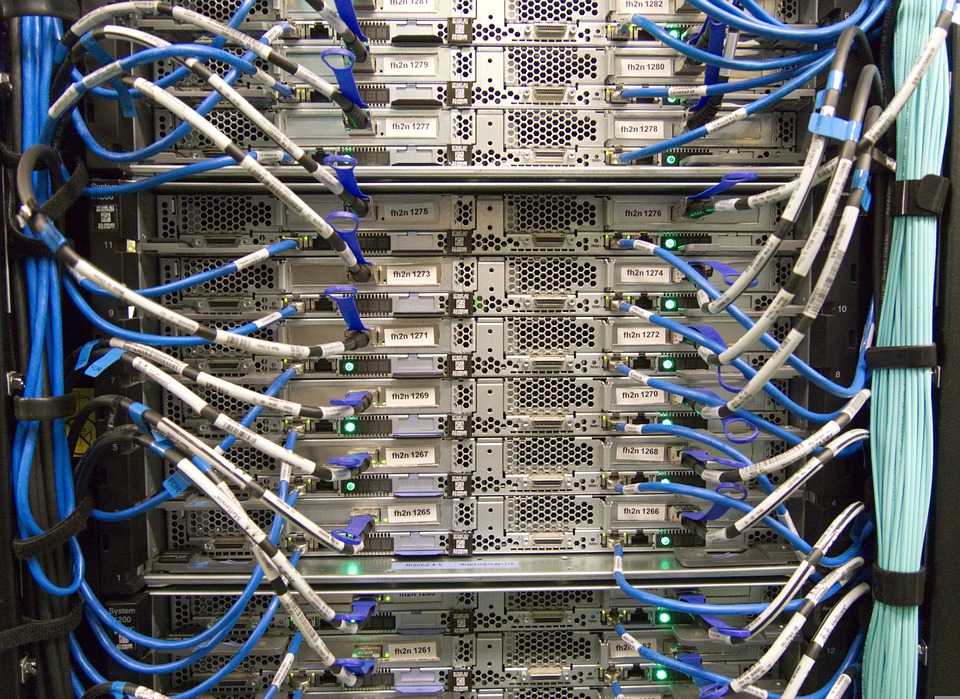In simple terms, we can define a server as a computer system that has a special function to store data. In running digital applications, we will always need a server. Therefore, let’s learn about server computers in a network system.
What is meant by a server computer in a network system is a device used to manage all activities on a network.
For those of you who don’t know, in a network, there are two types of devices, namely server computers and client computers. The server computer is the center.
5 Advantages of Using a Server Computer
Because it is the center of a network, the server computer has a very important function.
Some of its main functions are providing files or databases that can be shared with client computers, managing data transfer traffic, and serving requests from client computers who want to use the database or file.
From the brief explanation above, the server computer function is indeed very important in a network system. By using a server computer, you will get at least 5 benefits of using a server computer as follows:
1. Guaranteed Data Security
All important data will be stored on one more secure server. You can also do monitoring more easily. If you need the data, access to the data center can be faster.
2. Cost-Effective
Server computers have a larger storage capacity than client computers. You don’t need to buy a large number of hard disks to store business data.
3. Easier Data Management
Furthermore, because you use a computer server to store data, the data management process will be easier. Your data is centralized on one server and can be managed or distributed as needed.
4. More Optimal Inter-Team Collaboration
Furthermore, the server computer can also set level access rights for a network. For group data management, this will facilitate collaboration between teams.
5. Faster Data Configuration
Finally, the data configuration process can take place faster. The server also has its own security system that prevents the possibility of hacking related to data theft.
All of these benefits can be obtained if you use the ideal server computer. There are server computer specifications that need to be met.
For the processor, the computer that you can make as a server computer is at least Intel Core i9. Processors made by Intel are indeed more chosen than AMD because their capabilities are considered much better.
Then, for storage, server computers don’t need a lot of RAM. Even 512 MB of RAM is enough. However, for the internal memory, you need to adjust it to the needs of server usage.
For website use, an SSD with a capacity of 32 GB is sufficient. However, to build a local network, such as an office server, a larger capacity SSD is required.
The Importance of Using a Server Monitoring Tool
As the author has explained above, the computer specifications for building a network system vary according to your needs. Make sure you know what your network server needs are.
Then, even though the server computer has a good security system, you still need server monitoring tools. To ensure that server performance is running optimally in real-time, this tool will be very helpful. Configuration is more automated and faster.
For those of you who are currently planning to build a system, understanding server computers in a network system is very important. Work will be easier with server computers especially if you use Linux Server Monitoring from Netmonk Prime, which provides excellent features such as proactive maintenance, easy installation, and support for various Linux distributions.
Source:
https://www.sekawanmedia.co.id/blog/komputer-server/
https://bce.telkomuniversity.ac.id/server-pengertian-fungsi-jenis-dan-cara-kerjanya/
